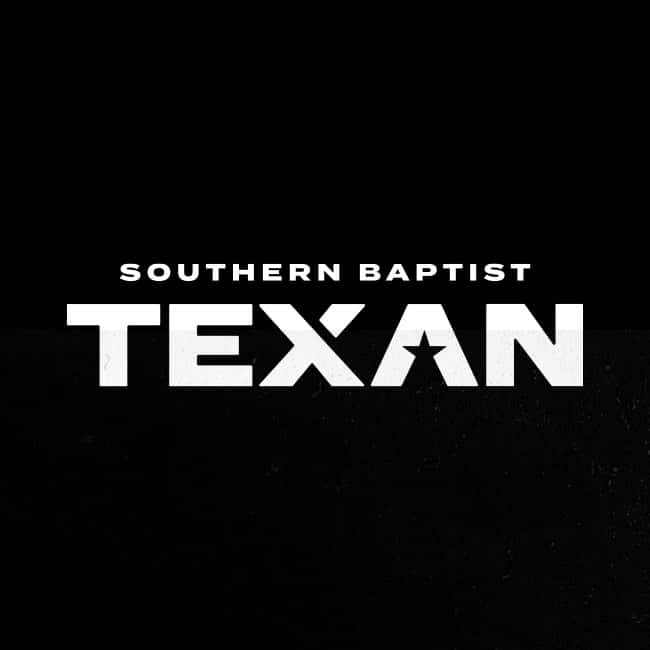In the wake of a tragic shooting at a church in East Fort Worth on Dec. 29, the TEXAN spoke with Mike Gurley of Teamworks Security who also serves as a consultant in the area of church security for the SBTC.
TEXAN: What are the laws and the rights of church relative to church members who carry firearms to church meetings?
Mike Gurley: In 1997, when conceal and carry first became law in Texas, churches, hospitals and nursing facilities were prohibited places. In 1999, the legislature modified churches, hospitals and nursing facilities to require notice to prohibit carry concealed. Churches were still on the list [of prohibited places], but in reality, minus a prohibition, anyone could carry. That rocked along until in the 86th legislature, Donna Campbell introduced a bill that didn’t change the law but clarified the law. The law took them [hospitals, churches and nursing homes] off the prohibited places list. It clarified the law. To say there’s a new law, well, there is a new law because it’s completely written differently. A church is no longer a prohibited place.
Any facility in the state of Texas has the right to prohibit conceal and now, since 2016, open carry. So, a church has the option now of posting on their entrances, handing out a written material, if they choose not to post, or they can do it orally, to either prohibit concealed carry, open carry, or both. So the question that came up in 2016 was to clarify that unless there’s a notice to prohibit it, any member/visitor can come to any church, and carry concealed or open carry.
TEXAN: If they’re legally licensed, right?
Gurley: Yes, that’s a good footnote. So, the question has come up prior to these recent events is, “Should we prohibit?” And we highly recommend that they prohibit open carry. Open carry causes a big distraction and the last thing we want to do is to distract from that worship experience. So, if we’re asked, we recommend that. The part about concealed carry is, first of all, if a person is properly concealing you’re never going to know that they’re carrying. The second thing is the legal ramification or the liability ramification if you prohibit, because you know lawsuits come out of almost every critical event that happens. If there were to be some kind of aggressive act and somebody who could have defended themselves based on their license to carry was prohibited, then the liability could shift to the church. Most of the churches we’ve dealt with do not prohibit concealed carry.
TEXAN: What about church security teams?
Two and a half years ago the 85th legislature deregulated church security. That was a landmark decision. Prior to that any security service in the state of Texas fell under the Private Security Bureau (PSB), which is a subset of the DPS (Department of Public Safety), so the PSB had regulatory oversight, but when that bill went into effect churches could do whatever they want as far as their security teams. They don’t have to call them anything different—they can call them security. The only prohibition is they can’t be in uniform. They can’t have anything that says security. But, other than that, they can arm their people, they can train them, they can choose not to train them. It pretty much opened the door for a church to decide what security is and if they wanted to arm them or if they did not.
TEXAN: You said they couldn’t be in uniform, so they can’t have a shirt on that says “Security,” but they could have a shirt on that says “First Baptist Church.”
Gurley: Sure, definitely, yes.
TEXAN: So uniform dress as long as it’s not an implied security service uniform?
Gurley: The issue is, and that’s a good point, what the aim of “they can’t be in uniform” is—meaning they don’t want them to look like a security guard. It can say “Staff,” it can say “Event Staff.” The whole idea of people naming it something other than security was some misinformation that came out a number of years ago where a consultant said, as long as you don’t call it that, they don’t regulate it. That’s not true. When they were regulating church security, they were regulating the service of security, not what you called them.
TEXAN: The function?
Gurley: Yes. So again, that clarified it. We highly recommend that every church have somebody whose responsibility is the health and safety of the guests and members of their church. Pastors have bigger things to prioritize, [as do] the worship pastor, the youth pastor—it’s good to have a person, whether it’s a volunteer or a staff person, whose priority is the safety of anyone that walks in that door. As a specialist for the SBTC, that’s what we try to assist a church in developing and then going forward in training.
Would you like a consultation in church security? Contact Mark Yoakum myoakum@sbtexas.com.














